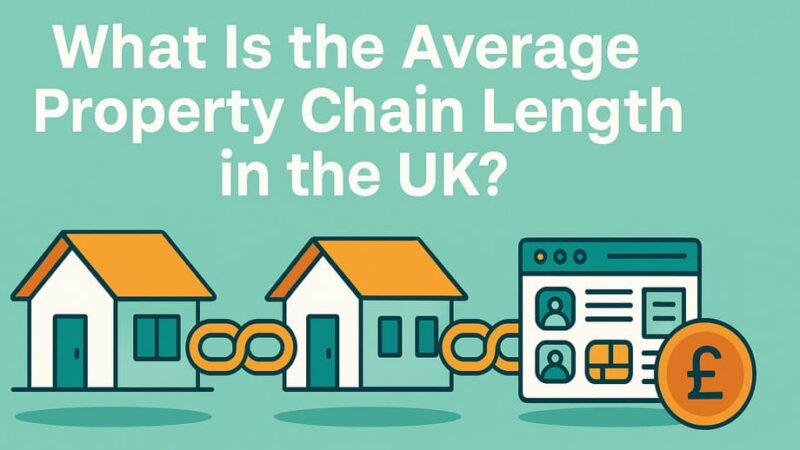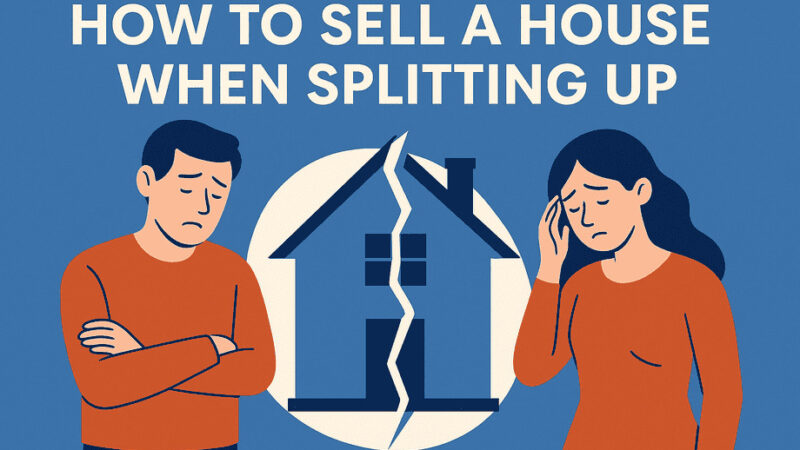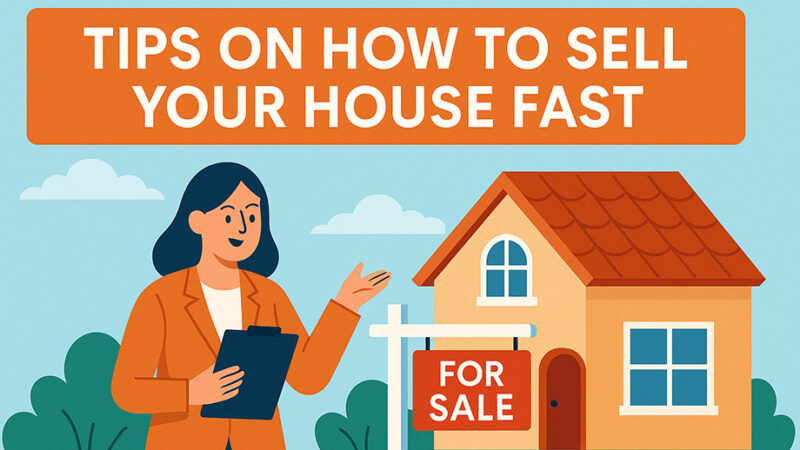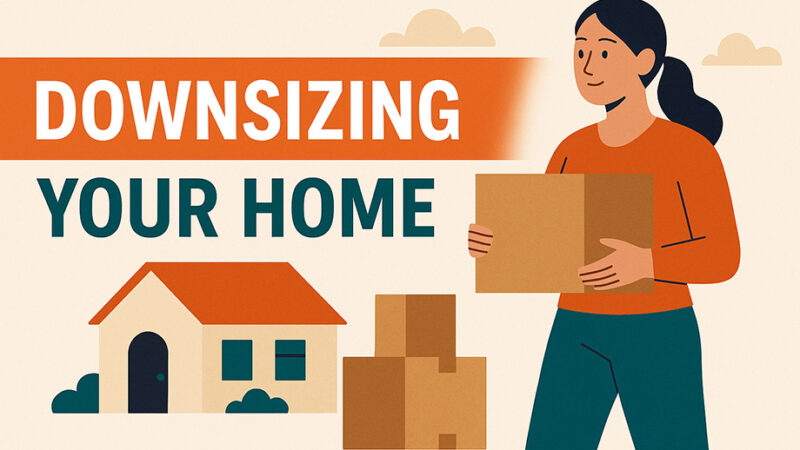How to Find the Best Estate Agent – A Practical Guide for UK Homebuyers

Buying or selling a home is one of the most significant decisions you’ll make, and working with the right estate agent can make all the difference. But with so many agents out there, how do you find the best estate agent for your needs in the UK?
This guide is designed to help first-time buyers and sellers navigate the process confidently. We’ll cover what to look for, questions to ask, and how to avoid common pitfalls. By the end, you’ll be equipped with everything you need to choose an estate agent who can make your property journey smooth and successful.
Table of Contents
Why Choosing the Right Estate Agent Matters
An estate agent is more than just a middleman—they are your advocate in the property market. A great agent understands local trends, has a strong network, and communicates clearly throughout the process.
Choosing the wrong agent can lead to missed opportunities, lower sale prices, or long delays. On the other hand, the right agent can:
- Help you get the best price when selling
- Find properties that match your budget and needs when buying
- Guide you through complex paperwork
- Negotiate on your behalf
- Keep the process transparent and stress-free
What Makes a Great Estate Agent in the UK?
Not all estate agents offer the same level of service or expertise. Look for these key qualities:
- Local Market Knowledge: Deep understanding of the neighbourhood, property values, and buyer preferences.
- Good Communication: Responsive, clear, and honest updates.
- Strong Negotiation Skills: Able to secure the best deal for you.
- Transparency: Clear explanation of fees, processes, and timelines.
- Professional Accreditations: Membership in bodies like NAEA Propertymark or ARLA Propertymark shows a commitment to standards.
- Positive Reviews and Reputation: Verified testimonials from previous clients.
7 Tips on How to Find the Best Estate Agent in the UK
1. Start With Recommendations and Online Reviews
Word-of-mouth from friends, family, or colleagues is invaluable. If you’re buying or selling in a specific area, local recommendations are particularly useful. Complement this by checking online review platforms such as Trustpilot, Google Reviews, or AllAgents.co.uk.
2. Check Professional Memberships
Look for agents registered with professional bodies such as:
- NAEA Propertymark (National Association of Estate Agents)
- ARLA Propertymark (Association of Residential Letting Agents)
- The Property Ombudsman
These memberships ensure agents adhere to a code of conduct and offer consumer protection.
3. Interview Multiple Agents
Don’t settle for the first agent you meet. Interview at least three estate agents to compare their knowledge, approach, fees, and marketing strategy. Ask them about:
- Their experience in your area
- How they plan to market your property or help you find one
- Their typical client profile
- The expected timeframe for selling or buying
4. Understand Their Marketing Strategy
If you’re selling, ask how your property will be advertised. Will it appear on major portals like Rightmove and Zoopla? Do they use professional photography, virtual tours, or floor plans? The best agents invest in high-quality marketing to attract serious buyers.
5. Review Their Fee Structure Carefully
Estate agent fees vary widely, often between 0.75% and 3% of the sale price. Check if they charge upfront fees or only take payment once the sale completes. Ensure all fees, including potential admin or marketing costs, are clear upfront.
6. Gauge Their Communication Style
Prompt and clear communication is key. An agent who keeps you regularly updated and answers questions thoroughly will reduce your stress. Avoid agents who are hard to reach or vague about important details.
7. Ask for References
A reputable agent will be happy to provide references from recent clients. Contact these references to get firsthand feedback on the agent’s professionalism, effectiveness, and support.
Pros and Cons of Using an Estate Agent
Pros
- Expert Market Knowledge: Agents understand local pricing and trends.
- Access to Buyer/Seller Networks: They can connect you to more opportunities.
- Professional Negotiation: Helps you get the best deal.
- Legal and Administrative Support: Agents help with paperwork and deadlines.
- Time-Saving: Agents handle viewings and inquiries on your behalf.
Cons
- Costs and Fees: Agent fees can be significant and reduce your net proceeds.
- Potential Conflicts of Interest: Some agents might prioritise quick sales over your best price.
- Variable Quality: Not all agents offer the same level of service.
- Limited Control: When selling, you depend on the agent’s strategy and timeline.
Final Thoughts: Finding the Best Estate Agent
Finding the best estate agent for your needs involves research, asking the right questions, and trusting your instincts. For first-time buyers and sellers, an estate agent who communicates well, understands your local market, and offers clear fees can make the property journey much easier.
Remember to:
- Start with recommendations and research
- Interview multiple agents
- Understand their marketing and fee structure
- Check their professional memberships and reputation
- Prioritise good communication
With the right agent by your side, you can navigate the UK property market confidently and achieve your homeownership goals.
Last Updated on July 3, 2025 by James Cartwright







